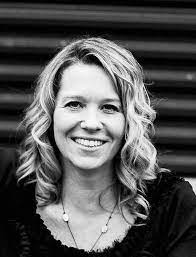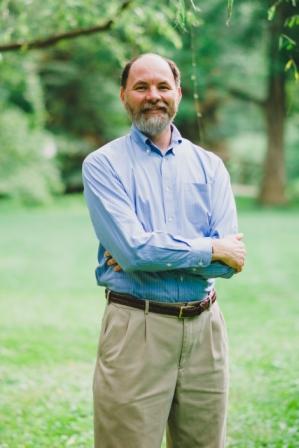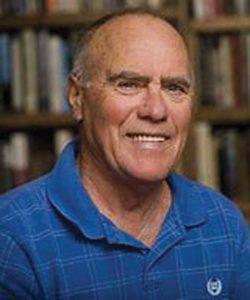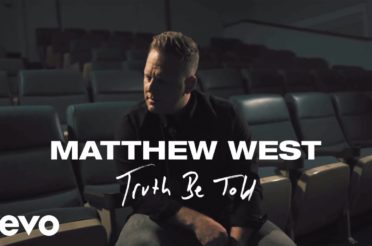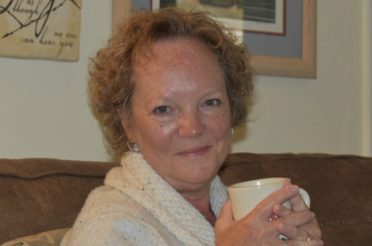By Ashlie Miller
Let me be honest. Last week, when I read reporter Elisabeth Strillacci’s Opinion piece from the Salisbury Post “Where were you?” I stopped and reread this paragraph: “I heard something heartbreaking this week. Apparently our younger generation does not know what 9/11 is.” Did you also stop to reread that?
How could that be? It just happened…wait, it wasn’t just a few years ago? No, it was a young generation ago. And besides, I know my teens and children know about it. We discuss it annually, as each age is able to process it on their own level. In fact, my high schoolers’ current unit study is on the U.S. military and events around that day of terror.
But, Strillacci is right. This past Wednesday, a young lady whom I mentored and who is deeply affected by death and tragedies – she is old enough to remember the day but young enough to have grown up in a world of uncertainty, fear, and change – texted me. She sets aside time each year to reflect on that day in our nation’s history. She feels a sympathetic weight of the day as she listens to stories and testimonies of those who recall the tragedies in their lives from that day.
She shared her thoughts with a peer of her own age and was met with casual indifference that it was just another day in history and many in other countries are continually experiencing tragedies. I imagine the response to her text is a common feeling today, not just among the young who can only vaguely recall the day or for young students for whom 9/11 is merely a couple paragraphs in a history textbook. Have we who lived that day, if only through our television sets or radios, let memories fade and slip into the past?
Sadly, it is not just another day in history. The residual effects continue to this day. We are all well acquainted with the reports of those who have died well since 2001 – from cancers, respiratory, and digestive issues, to name a few. Some reports say that the numbers are now higher than those who died upon initial impact. Staggering!
My young friend is sensitive enough to think about the entire fire station crew who lost every member and children (now adults with children) who grew up as orphans. Those families are still working through life with grief.
It is up to us adults to recall and recount the past. Although we can see 9/11 pretty clearly in our rearview mirror, the current and coming generations cannot.
It reminds me of the scriptures that speak of our duty to teach the coming generations so they will not forget – because it is possible. In Deuteronomy, Moses warns Israelites to keep their soul diligently and remember what they have seen lest they forget and depart. While at it, they should also make these things known to their children. Why? As evidenced in Judges 2, just one generation after Joshua, Moses’s successor, passes, a generation who does not know the Lord or what He had done for their ancestors arises. Yikes. Ancestry and religion were vital to their identity as a people. How could parents and grandparents forget to share things this important regularly? Maybe they assumed someone else would do it for them?
Forgetfulness is a companion to ingratitude. Ingratitude leads to pride and entitlement or – to put it plainly – sin.
By forgetting to recall huge, life-changing events like 9/11 and passing down stories, are we guilty of leading a generation towards ingratitude, entitlement, and pride that leads to great downfalls? By forgetting to share our faith and what God has done, are we leading to something far worse?
Take time to recount, recall, and share. Even if an event’s anniversary has passed, the lessons are always timely.
Ashlie Miller and her husband Chad raise their family in Concord, NC. You may contact her at mrs.ashliemiller@me.com.
